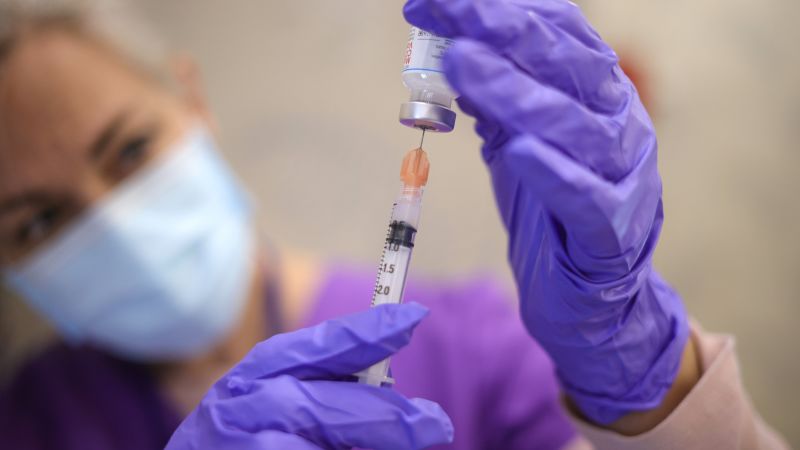CNN
—
It’s been three years since the first Covid-19 case was diagnosed in the United States, on January 20, 2020. In the time since, nearly 1.1 million Americans have died from the coronavirus; the US has reported 102 million Covid cases, more than any other country, according to Johns Hopkins University. Both figures, many health officials believe, are likely to have been undercounted.
There have also been remarkable scientific achievements in our response to the pandemic, not least of which is the development of Covid-19 vaccines. But there are still many unanswered questions. To help with reflections on what we’ve learned and what more we need to understand, I spoke with CNN Medical Analyst Dr. Leana Wen, an emergency physician, public health expert and professor of health policy and management at the George Washington University Milken Institute School of Public Health. She is also author of “Lifelines: A Doctor’s Journey in the Fight for Public Health.”
CNN: You’re a physician caring for patients, a public health researcher and professor. What are the key lessons you’ve learned from the last three years of Covid-19?
Dr. Leana Wen: There are three main lessons that come to mind. First, we have seen how much the global scientific community has come together and delivered some truly incredible achievements. Less than a year after Covid-19 was declared a pandemic, we had a vaccine developed, authorized and being distributed. The scientific community has rallied on many other aspects of the response to Covid-19, including to identify treatments and improve surveillance testing.
Many of the scientific developments will last beyond this pandemic and help with other aspects of our infectious disease response. For instance, the technology behind mRNA vaccines could be used to make vaccines for other diseases. The wastewater surveillance being used to identify and track Covid-19 may be helpful for detecting other viruses.
Second, Covid-19 has unmasked many existing crises and amplified them for the world to see. The coronavirus didn’t create health disparities — these long-predated the virus — but exacerbated existing ones.
There were also many faults with the public health infrastructure that, while long known to those of us in the field, have been exposed for all to see. Data systems are not integrated between public health agencies, for example, and city and county health departments are woefully underfunded given their many responsibilities. These stem from the fragmented health care system we have in the US, as well as the ongoing lack of investment in local public health agencies.
At the same time, Covid has also demonstrated how crucial public health is. There i …

